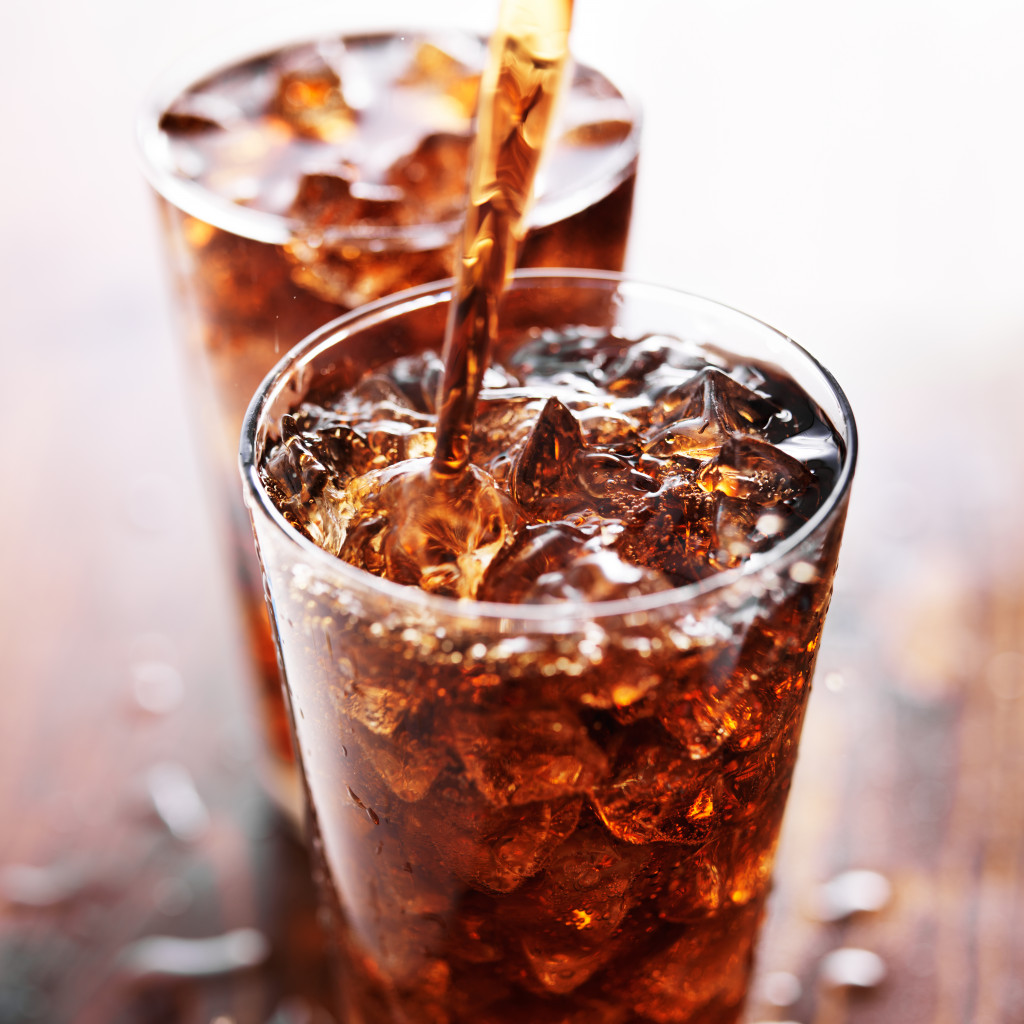Dental problems and toothaches can damper any trip, whether you’re traveling for business or pleasure. Fortunately, there are some steps you can take to prevent these kinds of issues from arising in the first place. Here are a few tips on keeping your teeth and gums healthy while you’re on the go.
1. Have a cleaning or checkup beforehand
Dental problems can occur while traveling, but they’re often preventable with a good cleaning before you leave. If your teeth need a deep cleaning or have cavities that require filling, it’s best to take care of these issues before traveling begins. This is because traveling can cause inflammation of the gums and increase the risk of decay, making it more challenging taking care of dental problems. Thus, a checkup with your general orthodontist should be the first step in your pre-travel preparations. Your dentist can also give you tips on caring for your teeth while you’re away from home and suggest ways to prevent dental problems from occurring in the first place.
2. Pack smart
When packing for your trip, be sure to include all the essentials for good dental care. In addition to your toothbrush and toothpaste, pack floss, mouthwash, and any other hygiene products you might need. Bring a cleaning kit and extra supplies if you wear dentures or have other dental appliances. You should also pack any prescription medications you take for dental problems, such as antibiotics for an infection. And if you’re traveling to a country with different water quality, don’t forget to pack bottled water or a water filter. This is because tap water in some countries can contain high fluoride levels, leading to dental problems.
Water-borne illnesses often result from exposure to bacteria (e. coli, salmonella, cholera), protozoa, viruses (hepatitis, rotavirus, polio), and pollutants. Tourists are more likely to contract these diseases because they haven’t built up immunity like the citizens have. Especially if your stomach and teeth are sensitive, you might want to pack some ginger candy or tea to help with nausea. Chewing on ice cubes can also help relieve pain from toothaches.
3. Be careful what you eat and drink

Sugary and acidic foods can damage your teeth, so avoid them if possible. This is because sugar and acid can cause cavities, damage enamel, and lead to other problems. If you eat sugary foods, try brushing your teeth as soon as possible. You should also avoid drinking very cold or hot liquids while traveling because they can cause tooth decay. It’s also important to stay hydrated by drinking lots of water. This will help wash away food particles and bacteria that can cause cavities or other problems.
4. Watch out for dehydration
Dental problems and toothaches can be a significant inconvenience when traveling. One of the best ways to avoid these issues is to watch out for dehydration. When the body is dehydrated, it produces less saliva. Saliva is essential for keeping the mouth clean and preventing plaque and bacteria buildup. As a result, dehydration can lead to an increased risk of cavities, gum disease, and bad breath.
To avoid these problems, drink plenty of fluids when traveling, especially in hot or humid climates. If possible, carry a water bottle to take sips throughout the day. And if you are using any medication that can cause dry mouth, drink even more water to offset the effects. By taking these precautions, you can help ensure that your next trip is both enjoyable and cavity-free.
5. Chew sugarless gum after meals
Chewing gum helps increase saliva flow, which can help wash away food particles and bacteria that cause cavities and other problems. Chew sugarless gum that contains xylitol, a naturally occurring sweetener that reduces bacteria in saliva. Xylitol can also help prevent tooth decay and the growth of plaque, which can lead to other dental problems such as gingivitis and periodontitis. However, it’s crucial to choose sugarless gum so you don’t do more harm than good! Otherwise, you’ll be adding calories and sugar to your daily intake. Check the ingredients label on any gum you purchase, as some brands contain artificial sweeteners that may increase your risk of cavities.
6. Wear a Mouthguard
Mouthguards can help protect your teeth from injury when playing sports or participating in other traveling activities. If you wear a mouthguard, clean it regularly with soap and water. You should also store it in a cool, dry place when you’re not using it so that it doesn’t become warped or misshapen. Wearing a mouthguard is especially important if you have dental implants, braces, or other dental appliances. This is because these devices can be damaged or dislodged if you receive a blow to the mouth. If you sustain an injury, be sure to see a dentist or doctor as soon as possible.
Closing Thoughts
These simple tips can help prevent dental problems and toothaches from ruining your next trip! Remember to brush regularly, pack smart, and stay hydrated throughout the day. And if all else fails, chew sugarless gum after meals — it just might save your smile!



